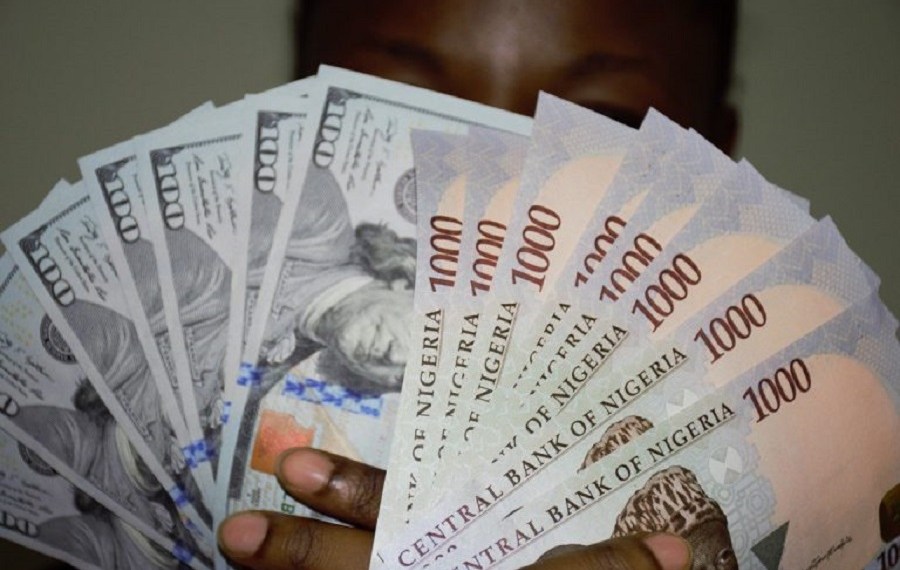
Aboki Naira To Dollar Black Market Rate Today 7th October 2024
Nigeria’s economic landscape continues to grapple with currency fluctuations as the black market rate for the Naira against the US Dollar sees significant movement today.
The informal market, often referred to colloquially as the “Aboki market,” has become a pivotal indicator of economic sentiment within Nigeria. On Monday, October 7, 2024, traders and currency watchers noted a volatile day in the black market exchange rates for the Naira against the US Dollar.
Trending Now!!:
Current Rates Overview:
- Buying Price: The Naira was being bought at approximately ₦1,475.61 per USD in the black market, indicating a slight stabilization compared to recent fluctuations but still showcasing a significant premium over the official rates.
- Selling Price: On the selling front, the rate was pegged around ₦1,657.75 per USD, reflecting the continued pressure on the Naira due to various economic factors, including inflation, import dependence, and the fluctuating oil sector, which remains a cornerstone of Nigeria’s foreign exchange earnings.
The gap between the black market and the official Central Bank of Nigeria (CBN) rates has become a focal point for both economic analysts and the general populace. This discrepancy not only highlights the lack of confidence in the official currency valuation but also points towards broader economic challenges.
Through the CBN, the Nigerian government has not remained passive in the face of these fluctuations. Efforts to curb the disparity between official and black market rates have included currency redesigns, restrictions on dollar sales to specific sectors, and other monetary policies to stabilize the Naira. However, these measures seem to have had mixed results, with the black market rates often reflecting a more pessimistic economic outlook.
The devaluation of the Naira is not isolated from global economic trends or local political events. The persistent pressure on the Naira reflects domestic economic mismanagement and the broader effects of global economic shifts, the demand for foreign currency within Nigeria, and speculative trading in the forex market.
For the average Nigerian, these rates mean higher import costs, which can lead to increased prices for essential goods. Businesses, especially those reliant on imports, find themselves in a quandary, balancing operational costs and maintaining competitive pricing, which often results in cost-push inflation.
As Nigeria navigates these economic waters, many are looking to the CBN and the government for more decisive action that could stabilize the Naira. Whether through further policy adjustments, increased oil production, or other economic reforms, the path forward remains uncertain but critical for Nigeria’s economic health.
The black market rate for the Naira today underscores Nigeria’s ongoing economic challenges. While official rates provide one perspective, the black market rates offer a raw, unfiltered view of economic sentiment and the real-time valuation of the Naira in the eyes of those who trade it daily. As the situation evolves, so too will the strategies of those in the market, government policymakers, and the everyday Nigerian navigating these economic tides.


